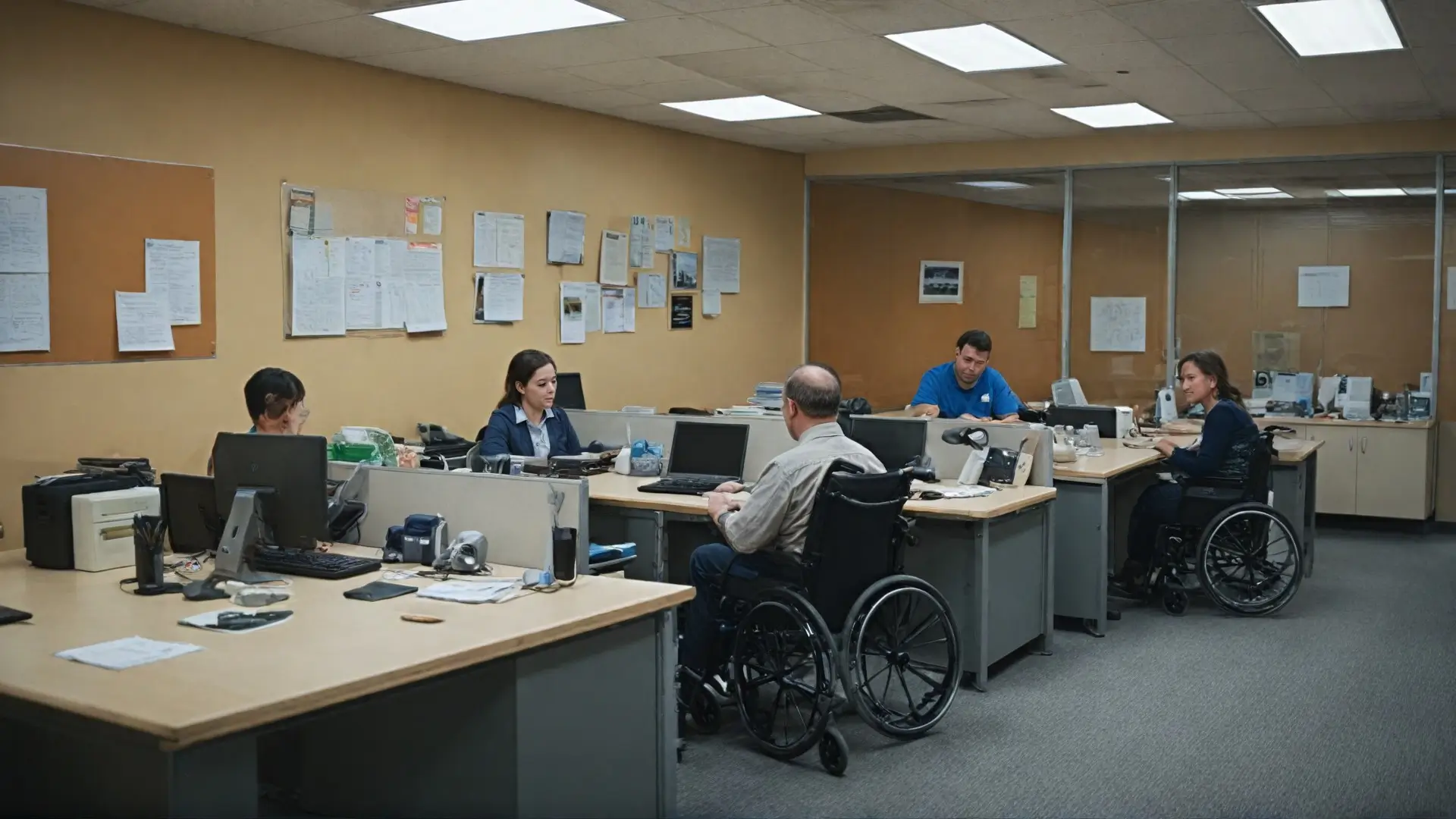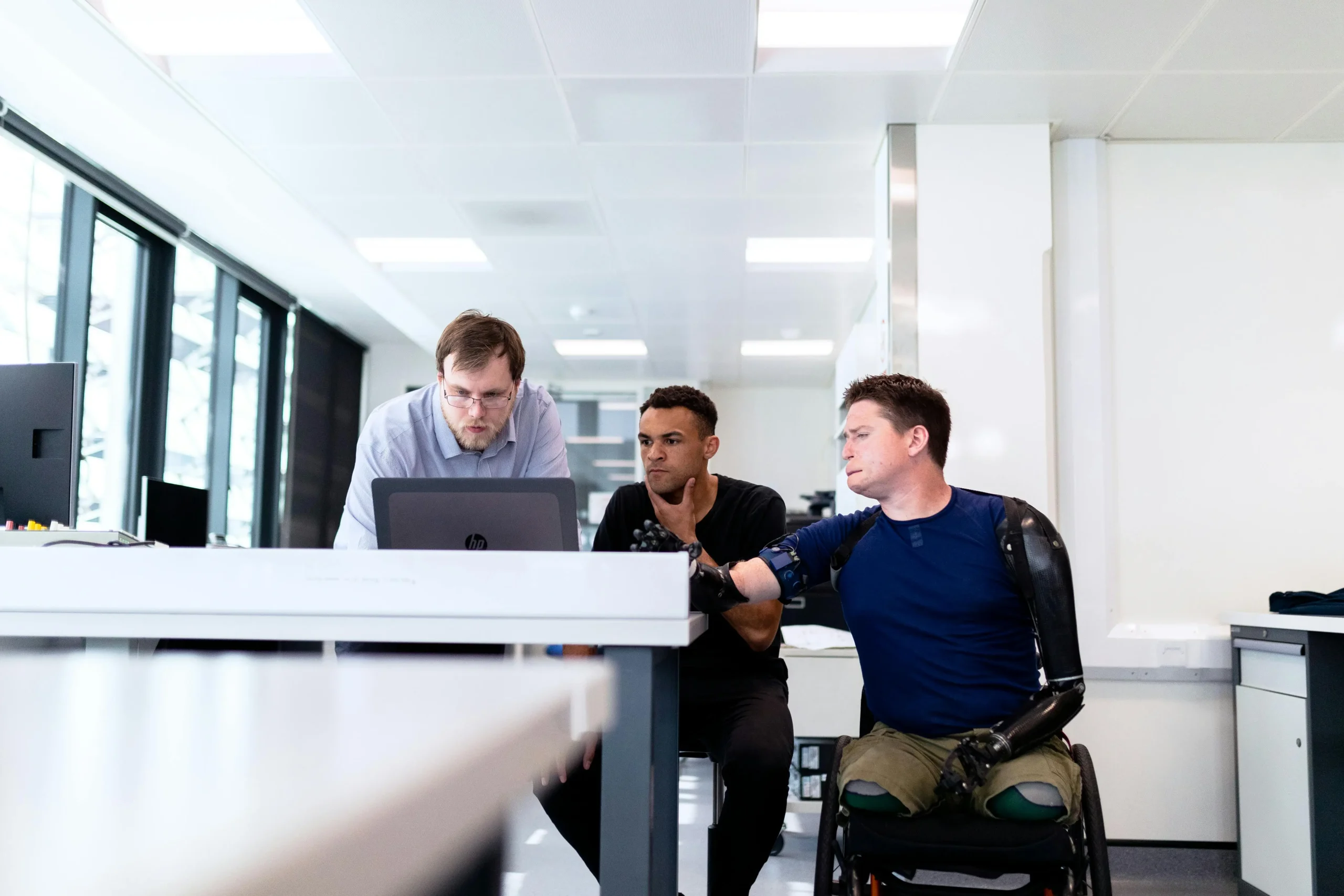Accessible employment is not just a buzzword—it’s a movement reshaping workplaces worldwide. At its core, accessible employment ensures equal opportunities for individuals with disabilities, enabling them to contribute their unique skills and perspectives. But why does it matter?
“Accessibility isn’t about compliance; it’s about unleashing human potential.”
From boosting workplace diversity to fostering innovation, the benefits are endless. In this article, we’ll uncover seven transformative strategies that empower businesses to lead the charge in accessible employment.
Understanding Barriers to Accessible Employment
Identifying Common Challenges Faced by Job Seekers with Disabilities Accessible Employment
Physical Accessibility Issues Accessible Employment
Many workplaces still lack ramps, elevators, or accessible restrooms, making it difficult for individuals with mobility challenges to navigate.
Bias in Accessible Employment Hiring Practices
Unconscious biases often creep into hiring decisions, leading to the exclusion of qualified candidates.
Lack of Training for Inclusive Work Environments
Employers and coworkers may lack awareness about how to create a supportive atmosphere for employees with disabilities.
The Ripple Effect of Inaccessibility on the Economy
When qualified individuals are excluded from the workforce, businesses and economies miss out on valuable contributions.
Strategy 1: Creating Inclusive Job Descriptions Accessible Employment
Inclusive job descriptions play a vital role in attracting diverse talent. Use language that is welcoming and avoid jargon or unnecessary physical requirements.
Avoiding Requirements That May Exclude Talent
For example, instead of stating “Must lift 50 pounds,” clarify if this is truly essential or if accommodations can be made.
Strategy 2: Investing in Assistive Technology
Tools That Empower Employees with Disabilities Accessible Employment
Technologies like screen readers, speech-to-text software, and ergonomic equipment help employees thrive.
Case Study: Companies Successfully Using Assistive Tech
Microsoft’s “Seeing AI” app empowers visually impaired individuals to navigate tasks seamlessly.
Strategy 3: Conducting Accessibility Audits Accessible Employment
Evaluating Physical Workspaces for Accessibility
Regular audits ensure offices meet standards for ramps, door widths, and restroom access.
Digital Accessibility: Why It’s Equally Important
Websites and internal platforms must be accessible to employees with vision or hearing impairments.
Strategy 4: Implementing Bias-Free Recruitment Practices
Accessible Employment Training Hiring Teams to Recognize and Avoid Bias
Workshops on unconscious bias can transform hiring practices.
Accessible Employment Utilizing Blind Recruitment Techniques
Removing names and demographic information from applications helps level the playing field.
Strategy 5: Building an Inclusive Company Culture
Empowering Employees Through Awareness and Training Accessible Employment
Regular workshops and open discussions foster understanding and empathy.
Accessible Employment Celebrating Diversity in the Workplace
Highlighting success stories of employees with disabilities inspires others and normalizes diversity.
Strategy 6: Establishing Partnerships with Accessibility Organizations
How Partnerships Drive Awareness and Results
Collaborating with nonprofits helps businesses implement best practices in accessibility.
Examples of Successful Collaborations
Apple’s partnership with the National Federation of the Blind led to innovative accessibility features in their products.
Strategy 7: Measuring and Sharing Progress
Tracking Metrics to Improve Accessibility
Metrics such as the percentage of hires with disabilities or retention rates provide valuable insights.
Publicly Sharing Success Stories to Inspire Change
Publishing case studies and testimonials showcases the company’s commitment to inclusion.
Conclusion
The future of work lies in inclusivity. Accessible employment isn’t just a moral imperative—it’s a business advantage. By implementing these seven strategies, companies can unlock the potential of a diverse workforce and lead the way toward a brighter, more inclusive tomorrow.
FAQs
- What is accessible employment?
Accessible employment ensures equal opportunities for individuals with disabilities in the workplace. - Why is it important for businesses to focus on accessibility?
It fosters innovation, improves diversity, and unlocks untapped talent. - How can job descriptions promote inclusivity?
By using neutral language and focusing on essential skills rather than physical abilities. - What are examples of assistive technologies?
Screen readers, voice recognition software, and ergonomic desks. - What is an accessibility audit?
A review of physical and digital workspaces to identify and fix barriers to accessibility. - How can unconscious bias be reduced in hiring?
Through blind recruitment and regular training for hiring managers. - What does an inclusive workplace look like?
It’s a space where all employees feel valued, supported, and empowered. - How can companies track their progress on accessibility goals?
By measuring metrics like diversity in hiring and employee retention rates. - Why are partnerships with accessibility organizations important?
They provide expertise and resources to improve workplace inclusivity. - What can individuals do to promote accessibility in their own workplaces?
Advocate for change, participate in training, and raise awareness about accessibility needs.
Internal Links:
- How to Build Confidence as a Disabled Job Seeker
- Top Accessibility Tools for Remote Disabled Workers













